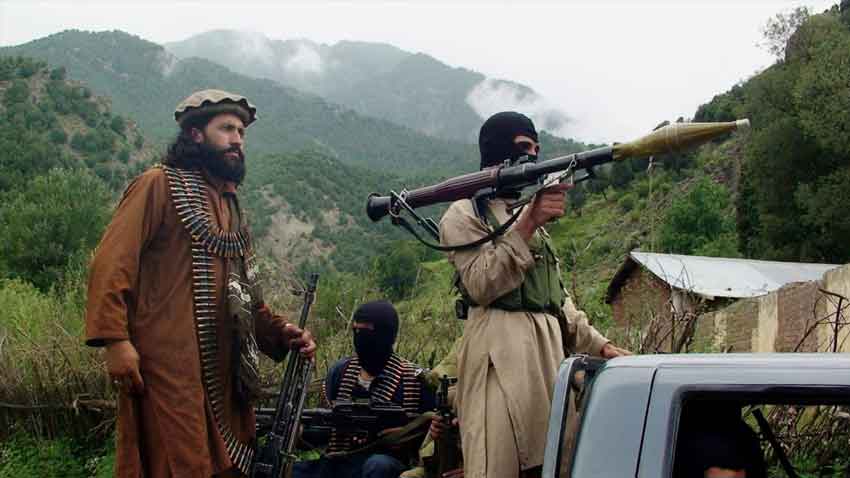
The 35th report of the Analytical Support and Sanctions Monitoring Team submitted to the UN Security Council covers the period from July 1 to Dec 13, 2024.
The team is a panel of independent experts established by the UN Security Council to support sanctions implementation against individuals and entities linked to Al Qaeda, Islamic State in Iraq and the Levant (Daesh) and associated groups. It submits biannual reports assessing the threat landscape posed by these organisations to form international policy and security strategies.
The report states the “status and strength of TTP in Afghanistan had not changed”, while the group intensified its assaults on Pakistan, conducting over 600 attacks during the reporting period, many launched from Afghan territory.
It underscored that the Taliban continued to provide the outlawed TTP with logistical and operational space and financial support, bolstering the group’s capacity to sustain its activities.
It further revealed that the family of TTP leader Noor Wali Masoud receives around $43,000 per month from the Afghan Taliban, reflecting a significant level of financial backing for the terrorist group.
The UN report corroborates these developments, highlighting that the Taliban’s support has enabled TTP to escalate its offensive strategy against Pakistan. The report stated, “The ambition and scale of its (TTP) attacks on Pakistan… had significantly increased.”
It warned that enhanced cooperation among these terrorist groups, including “provision of suicide bombers and fighters and ideological guidance”, could transform TTP into an “extra-regional threat” and potentially an umbrella organisation for other terrorist factions operating in South Asia.
The report observed that the Majeed Brigade maintains connections with the banned TTP, Islamic State-Khorasan (IS-K), and ETIM/TIP, collaborating with these groups in its operational bases in Afghanistan. This emerging nexus between the BLA, which traditionally pursues ethno-nationalist objectives, and religiously inspired terrorist groups like TTP, indicates a strategic convergence of interests.
Amid growing terrorist attacks, Pakistan has intensified military operations under “Azm-i-Istehkam”, targeting TTP hideouts across the Afghan border, particularly in Paktika and Khost. These military measures include cross-border raids and retaliatory strikes.




